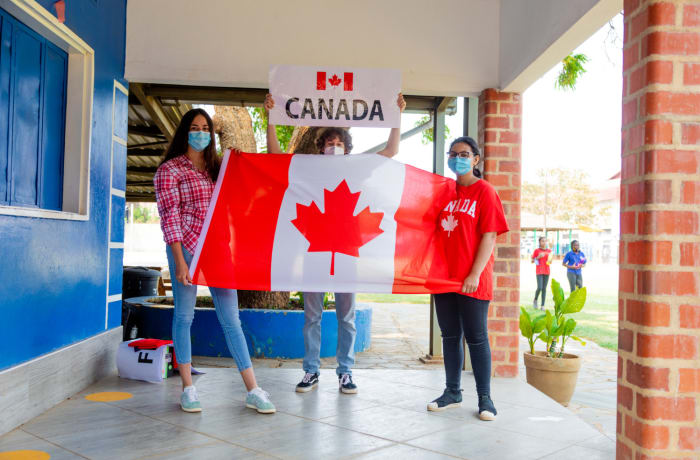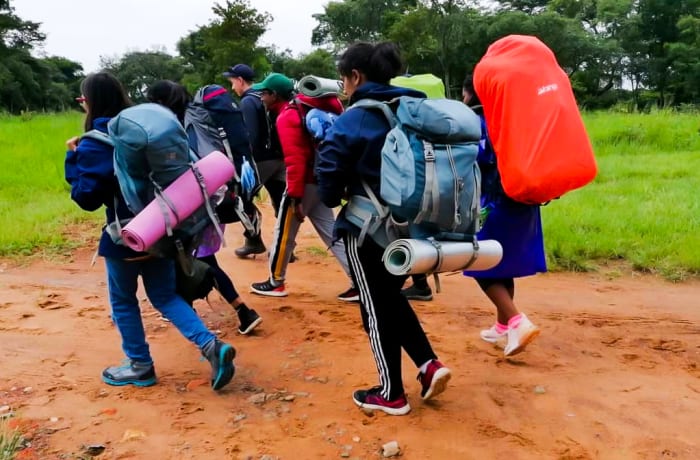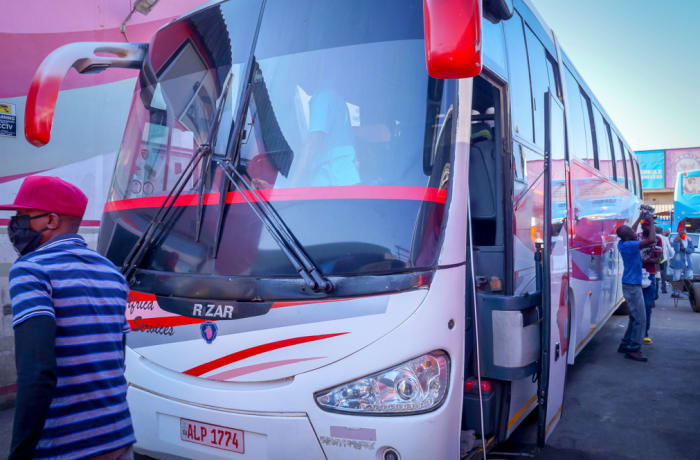
Primary School - Tuition Fees
There are two classes in Year 5 Please see below for our expectations for the year ahead and information about our curriculum.
$10,516 per pupil
Select your options
Tuition Plans
Grade
Details
Please include a valid payment reference which is ISL followed by student no. (e.g.ISL00000)
NEW
Buy online
This product is available for online purchase — Buy online now and pick it up instore or get it delivered to you.
| English Language | Students are encouraged to participate actively in oral class discussions, games and drama activities. They will play a range of ‘voice games’ to develop clear and precise pronunciation. Listening skills will be developed through games, songs and CD’s. Students should feel free to speak about their own beliefs and experiences and understand that they may be different to other people. |
|---|---|
| Mathematics | The written curriculum covers all the number facts and computation skills. While memorising and reciting number facts is beneficial; the process in which an answer is discovered is of greater importance. Students will be asked to explain their methods and thinking regularly; this will improve understanding and develop mathematical vocabulary. |
| Units of Inquiry | The PYP is a philosophy and not a written curriculum. In keeping with the philosophy of the International Baccalaureate Primary Years Programme (PYP), Social Studies and Science will be taught within Units of Inquiry. These Units will run for approximately 6 weeks and will incorporate as many subjects as appropriate. |
| Library | Since reading is important, we would like to encourage the students to read every day. Students are allowed borrow 2 books per week. |
| Art | Art and Design classes embrace a wide variety of expressive forms and many different teaching tools are used, from technical demonstrations to critique sessions, gallery visits, videos, presentations and discussion. Due to collaborative nature of art, students develop crucial skills in cooperative decision-making, leadership, clear communication and complex problem solving while working with others. |
| Information and Communication Technology | The focus this year will be on students developing their presentation, research, word processing and desk top publishing skills using various software programs. They will consolidate their knowledge of Google Apps, as we feel it is vital for students to improve their collaboration and Web 2.0 skills. All other I.T work will be in conjunction with the Unit of Inquiry. |
| Music | Year 3 will learn aboutThis year the class will incorporate rest values such as crochet, minim and semibreve to their rhythms. Their composition activities will also focus on marrying text and rhythm where as they will also be introduced to a wider range of instrumental methods such as the drum roll and the ruffle on the drum, interpretation of chord charts and fingering of ukuleles. Listening, playing, singing and composing will be our main activities. the treble clef, staff, rhythm patterns, percussion instruments, pulse, musical terms, graphic composition, pitch and musical elements. Throughout the year the students will be singing and doing listening activities. |
| Physical Education | In Reception, stuThe PWe would like to remind and encourage students to come to school with the recommended kit on PE days. As the season is getting hotter, students are reminded of the importance of bringing water to school.E Department would like to remind and encourage the Year 3 students to come dressed in the recommended PE kit for PE lessons. As the season is getting hotter, they are also reminded to bring in an extra water supply to school on PE days. Furthermore, it is mandatory for everyone to acquire the accepted ISL swimming costume unless otherwise stated.dents focus on Family, stories, materials and digital interactive learning. Children are introduced to basic French language and classroom communication. They are also introduced to numbers 0 to 15 (although we push it to 20) and basic colours. Throughout the year, numbers 0 to 15, basic colours and greetings are reinforced through a variety of songs, activities, games and assessment. |
| French and Spanish | Language While we are teaching English, other languages are always encouraged and home languages are celebrated. Reading: With the help of the teacher or teacher assistant, students select from a wide range of books a reader which is appropriate to their own reading level. They are required to read everyday for a minimum of twenty minutes at a time. The reading record and book should be in school everyday. A parent/guardian should sign the reading record every time the child has completed a book. Please take time to read and discuss the book with your child. Books that are not signed will not be changed. Writing: Writing is a life skill. Students will write in for a range of purpose and audience. They will experience shared writing, guided writing and independent writing. They will use their ‘draft’ books to plan their work, to edit and revise. We aim to improve grammar and spelling; to widen vocabulary and expand the imagination. peaking and Listening: Students are encouraged to participate actively in oral class discussions, games and drama activities. They will play a range of ‘voice games’ to develop clear and precise pronunciation. Listening skills will be developed through games, songs and CD’s. Students should feel free to speak about their own beliefs and experiences and understand that they may be different to other people. Mathematics Maths is not always about paper and pencil. It is a very practical subject. Number: The written curriculum covers all the number facts and computation skills. While memorising and reciting number facts is beneficial; the process in which an answer is discovered is of greater importance. Students will be asked to explain their methods and thinking regularly; this will improve understanding and develop mathematical vocabulary. Shape and Space: Other areas of mathematics are just as important as number and computation. Students will learn about shapes, describe shapes, directions, positions and increase their vocabulary. Handling Data: Students will learn how to design and interpret a range of data. This area of mathematics will be taught within our units of inquiries and the school computer facilities will be utilized. Measures: A wide range of measures will be explored. This area of maths is used in everyday life, so please encourage your child to look out for different measures, to be aware of the time and it passing, look at the weight of food on packaging, watch the weather forecast to find out about temperature and so on (weight, length, capacity, time, angles, temperature). Unit of Enquiry The PYP is a philosophy and not a written curriculum. In keeping with the philosophy of the International Baccalaureate Primary Years Programme (PYP), Social Studies and Science will be taught within Units of Inquiry. These Units will run for approximately 6 weeks and will incorporate as many subjects as appropriate. The Organizing Themes with Central Ideas for Year 5 are: - Who we are - Where we are in time and place - How we express ourselves - How the world works - How we organise ourselves - How we share the planet Teachers and students will generate questions that have a conceptual base and are relevant to the context of the unit. Learning engagements will be planned to accommodate and facilitate student learning. The classroom will become a centre for inquiry where students can acquire and practice skills and build new knowledge. The assessment of students’ learning will be focused on the quality of the students’ research and the breadth and depth of their responses to the set questions driving the unit. Students are asked to assess their own work and that of their peers. Art Art and Design classes embrace a wide variety of expressive forms and many different teaching tools are used, from technical demonstrations to critique sessions, gallery visits, videos, presentations and discussion. Due to collaborative nature of art, students develop crucial skills in cooperative decision-making, leadership, clear communication and complex problem solving while working with others. The skills will include cutting, sticking, coloring and painting. We will also be looking at differentiate between 2-dimensional shape and 3-dimensional form. We have 2 lessons of art per week. Music This year the class will incorporate rest values such as crochet, minim and semibreve to their rhythms. Their composition activities will also focus on marrying text and rhythm where as they will also be introduced to a wider range of instrumental methods such as the drum roll and the ruffle on the drum, interpretation of chord charts and fingering of ukuleles. Listening, playing, singing and composing will be our main activities. Information and Communication Technology The focus this year will be on students developing their presentation, research, word processing and desk top publishing skills using various software programs. They will consolidate their knowledge of Google Apps, as we feel it is vital for students to improve their collaboration and Web 2.0 skills. All other I.T work will be in conjunction with the Unit of Inquiry. Physical Education We would like to remind and encourage students to come to school with the recommended kit on PE days. As the season is getting hotter, students are reminded of the importance of bringing water to school. Library Since reading is important, we would like to encourage the students to read every day. Students are allowed borrow 2 books per week. French and Spanish In Year 5, students are expected to carry out significant research and hands on activities while covering our units of inquiry: “How stories allow us to explore who we are and connect with others“, “The power of language and how it enables us to move situations in time”, “The uniqueness of human beings through their ways of expression”, “French and Spanish are based on rules and principles”, “Living off the land” and finally “The market place”. |
| Zambian Studies | Zambian Studies has been introduced this academic year to celebrate the culture and heritage of the host country Zambia. Students will be encouraged to develop communication skills in Chinyanja using different strategies. These will be integrated within the organising theme. |
| Homework | t can be fun too. Students should be reading every evening for about 15-20 minutes and spend no more than 30-40 minutes on their homework each evening. Homework will rarely be given on a Friday. Homework may not always be about putting pen on paper. It could be that they are asked to play a game or make one up. It could be dramatic, musical and/or creative. |
Enquire about this item
Enquire via Email
Contact supplier
International School of Lusaka
Primary school
Lusaka
The primary school curriculum at the International School of Lusaka follows an English language programme. The curriculum is designed to nurture students to become inquirers, thinkers, communicators and risk-takers. ISL is an authorised Primary Years Programme school under the International Baccalaureate Organisation.
International School of Lusaka
Primary school
Lusaka
Pestalozzi Education Centre
Primary school
Lusaka
Sentinel Kabitaka School
Primary school
Solwezi
Run a business in Zambia?
© 2021 Infobwana, Ltd. All rights reserved. Formally thebestofzambia.com · Learn more












